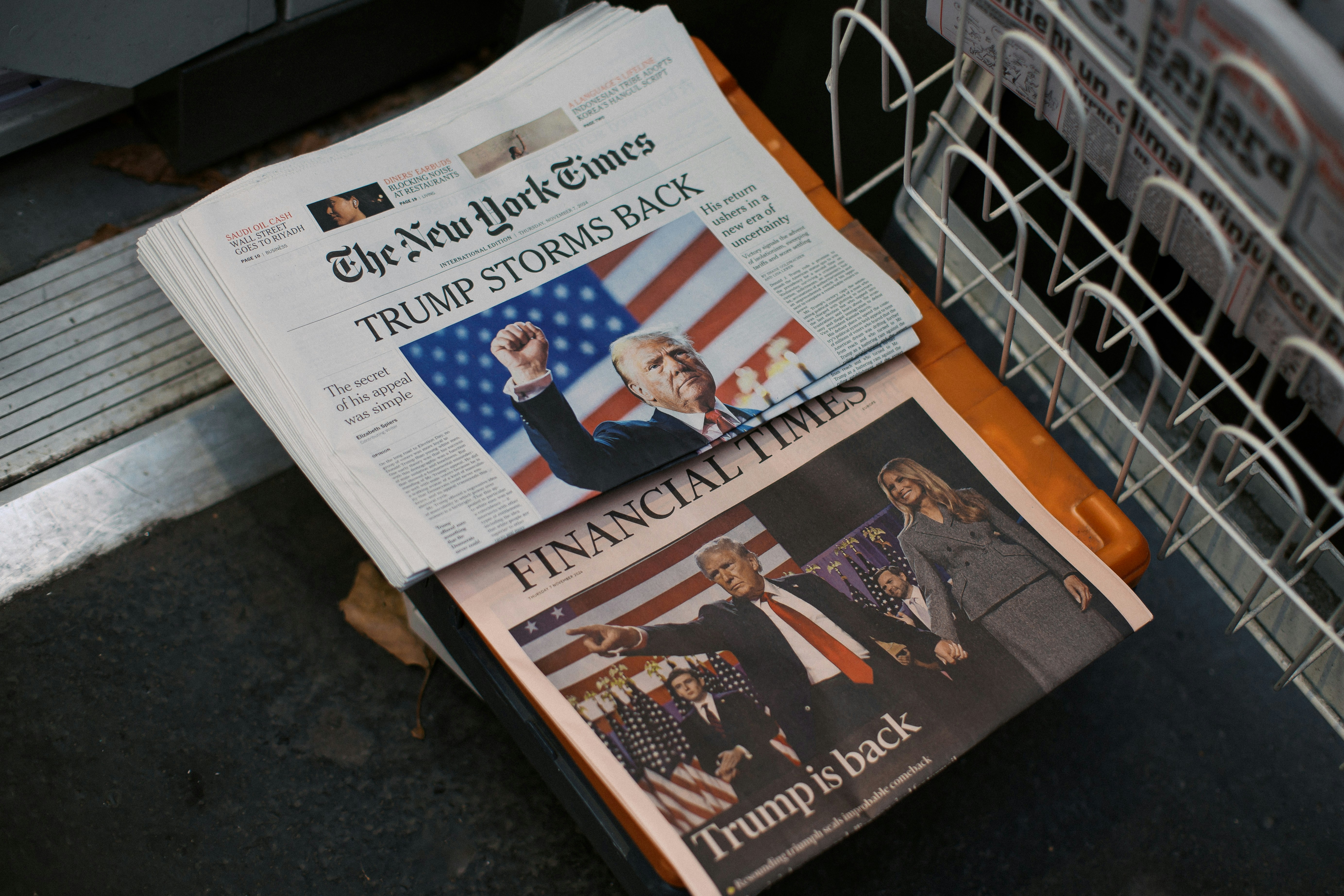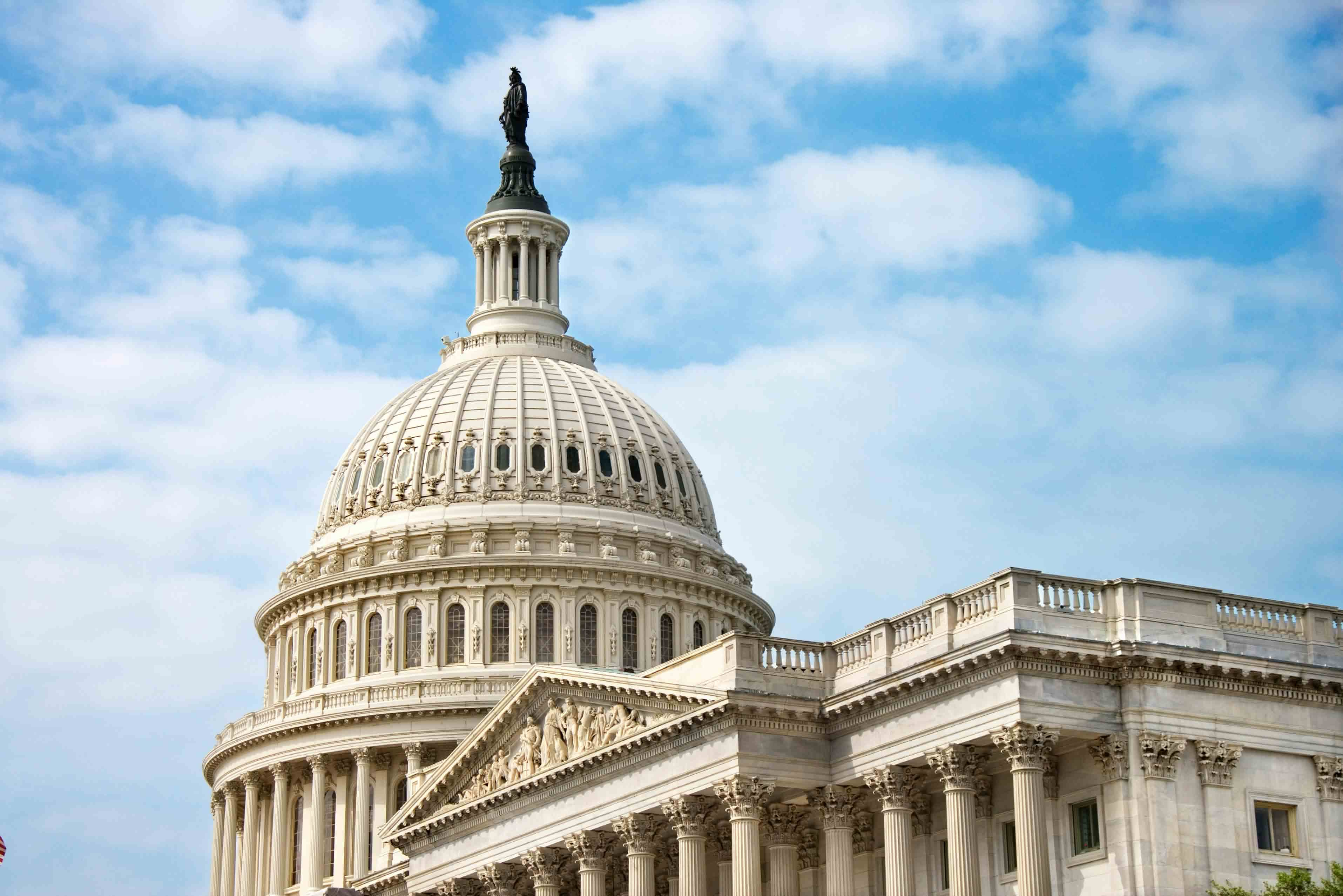The Chaos Era of Policy: Thriving in Today’s Government Relations Storm
Remember when tracking policy shifts felt like watching a single, predictable storm approach? Now, it's more like navigating multiple hurricanes—all at once, from every conceivable direction, without so much as a reliable weather forecast. You're not imagining things. Policy complexity isn't just rising—it's skyrocketing. Meanwhile, the breadth of issues lobbyists must manage is expanding faster than you can say "trade war." Consider the ongoing economic battles, like the trade tensions between Canada and the US. These aren't simple, bilateral spats anymore. They're part of a sprawling, interconnected web of global issues that defy neat categorization. Today's GR professionals can't afford to specialize narrowly. The entire global policy landscape—spanning multiple governments, regions, and even continents—is now your responsibility. You might find yourself briefing stakeholders on European Union digital regulations at breakfast, diving into Asia-Pacific trade treaties by lunch, and examining South American environmental policies by dinner. The Generalist Advantage Being a specialist used to be a clear advantage—you knew your domain inside and out. But today, success demands versatility. GR professionals who can seamlessly pivot between energy policy, international trade, healthcare regulations, and tech governance hold a distinct advantage. They are the ones who can see connections and implications that siloed experts might miss. The generalist thrives in uncertainty. You’re not just tracking policies; you’re proactively connecting dots across different sectors and regions, providing strategic insights that others overlook. Your ability to synthesize diverse issues into coherent strategies makes you invaluable to stakeholders who rely on you to navigate complexity. Navigating Complexity—A Double-Edged Sword Picture this: Your inbox floods incessantly with urgent policy updates. Each of your stakeholders clamors loudly for insights, convinced their issue is the true Priority #1. You're expected to juggle countless complex topics simultaneously, each more intricate and urgent than the last. Welcome to the new normal in government relations—it feels a lot like playing whack-a-mole while blindfolded, with the rules changing midway through the game. In this environment, prioritization becomes an art form. GR pros must be agile thinkers and rapid decision-makers, balancing short-term emergencies with long-term strategic goals. You’re not just reactive—you’re expected to anticipate shifts, interpret implications, and communicate clearly under pressure. But here's the silver lining: As policy complexity intensifies, so too does your need for smarter, faster tools to manage the chaos. Why AI is Your New Secret Weapon AI isn't here to take your job—it's here to turbocharge your abilities. Imagine an assistant that never tires, endlessly scanning thousands of policy documents, flagging urgent updates, and synthesizing complex data into actionable, digestible insights. It's the difference between navigating the policy landscape with an outdated paper map and relying on the precision of a state-of-the-art GPS system. Here’s how AI transforms your daunting workload into manageable, strategic action: Superhuman Speed: Tasks that once dragged on for days or even weeks now happen seamlessly in minutes, freeing you to focus on strategic insights and relationship building. All-Seeing Eye: Track policies across continents simultaneously, without breaking a sweat or missing crucial details hidden deep within sprawling legislative texts. Trend Spotter: Identify emerging policy shifts and anticipate legislative storms long before they make the headlines, putting you and your stakeholders one step ahead. Complexity Breeds More Complexity—AI as a Necessity Here lies the paradox of AI in government relations: It empowers you to manage significantly greater complexity, which inevitably spurs even more intricate and interconnected issues. In this escalating cycle, AI moves from a luxury to an absolute necessity. The horse isn't just out of the stable—it's galloping full speed into an increasingly complex future. Yet, this isn't cause for concern; it's a moment of immense opportunity. You're no longer just adapting to change—you're evolving into a strategic generalist, capable of navigating the multifaceted global policy maze with skill and confidence. AI is your indispensable partner in this journey, not just handling complexity but leveraging it to your strategic advantage. Ready to Navigate the Chaos with Confidence? The future of government relations is undeniably complex—but with AI, complexity becomes your greatest competitive advantage. Embrace the next era of advocacy, where AI-driven insights ensure you're always a step ahead. Curious how AI can supercharge your strategy and help you master the chaos? Let’s talk.
Ben Cox
CEO







